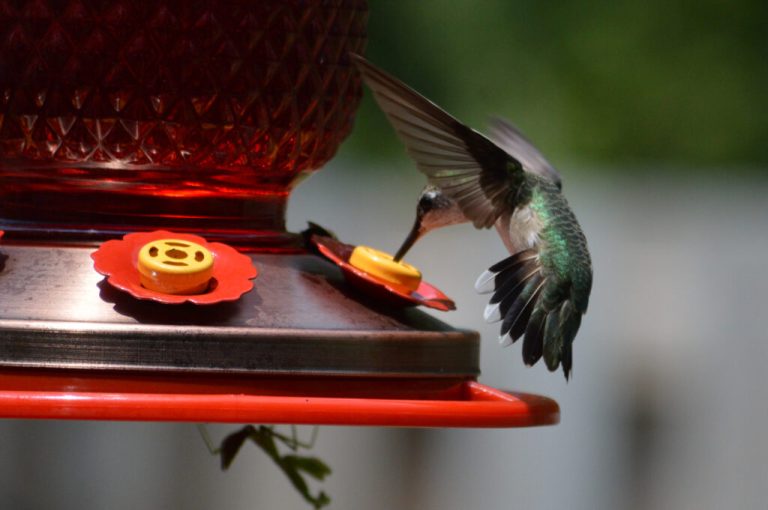Reviewed by: Callie Puryear
New Dauphin Island land donation gives the University of South Alabama a “living laboratory”
Reading time: 3 minutes

It sounds like a college student’s dream—a beach owned by the university. That’s exactly what’s happened for the University of South Alabama, which was just gifted over a quarter mile of beachfront property on Dauphin Island. Here’s what you need to know.
The University of Alabama has a new $1.9M stretch of land on Dauphin Island
The Dauphin Island land donation comes from the University of South Alabama Foundation, which has held the land for about 35 years.
Located about 35 miles south of the university, the quarter-mile stretch of beachfront is on Dauphin Island’s Aloe Bay, and it includes:
- Sandy beachfront
- Marsh
- Submerged land
Altogether, the property is valued at approximately $1.92M.
Now, if all you’re picturing is college parties on the beach, think again. This property will be put to good use.
Becoming a “living laboratory” for the University of South Alabama

One of the primary uses for Aloe Bay will be to advance research and learning opportunities in the Stokes School of Marine and Environmental Sciences as well as the College of Engineering. As USA Foundation Managing Director Maxey J. Roberts put it, the land will be a “living laboratory.”
Instead of simply using the property, though, the University of South Alabama and the Town of Dauphin Island will work to preserve and enhance it. Here are their plans:
- Dredge the Aloe Bay channel to a developed area just south of the Dauphin Island bridge
- Extend the beach area of the property (using the dredged sand) back to its historical shoreline
- Restore the uplands to their natural salt marsh state
- Install oyster reefs
- Hold the land in preserve, as much as possible
According to the Dr. Sean Powers, director of the Stokes School of Marine and Environment Sciences, this will be “the island’s first preserve right on the water’s edge” at Dauphin Island (University of South Alabama). In an area that is quickly growing and becoming more developed, this is an important and exciting use for Aloe Bay.
“It’s going to have an immediate impact on our ability to teach our students.
It’s really a gift that ties into the mission of the University, with our role in serving the community in doing research and in teaching.”
Jo Bonner, President, University of South Alabama (University of South Alabama)
Want updates like this delivered straight to your inbox? Sign up for our newsletter today.

 4268 views
4268 views

